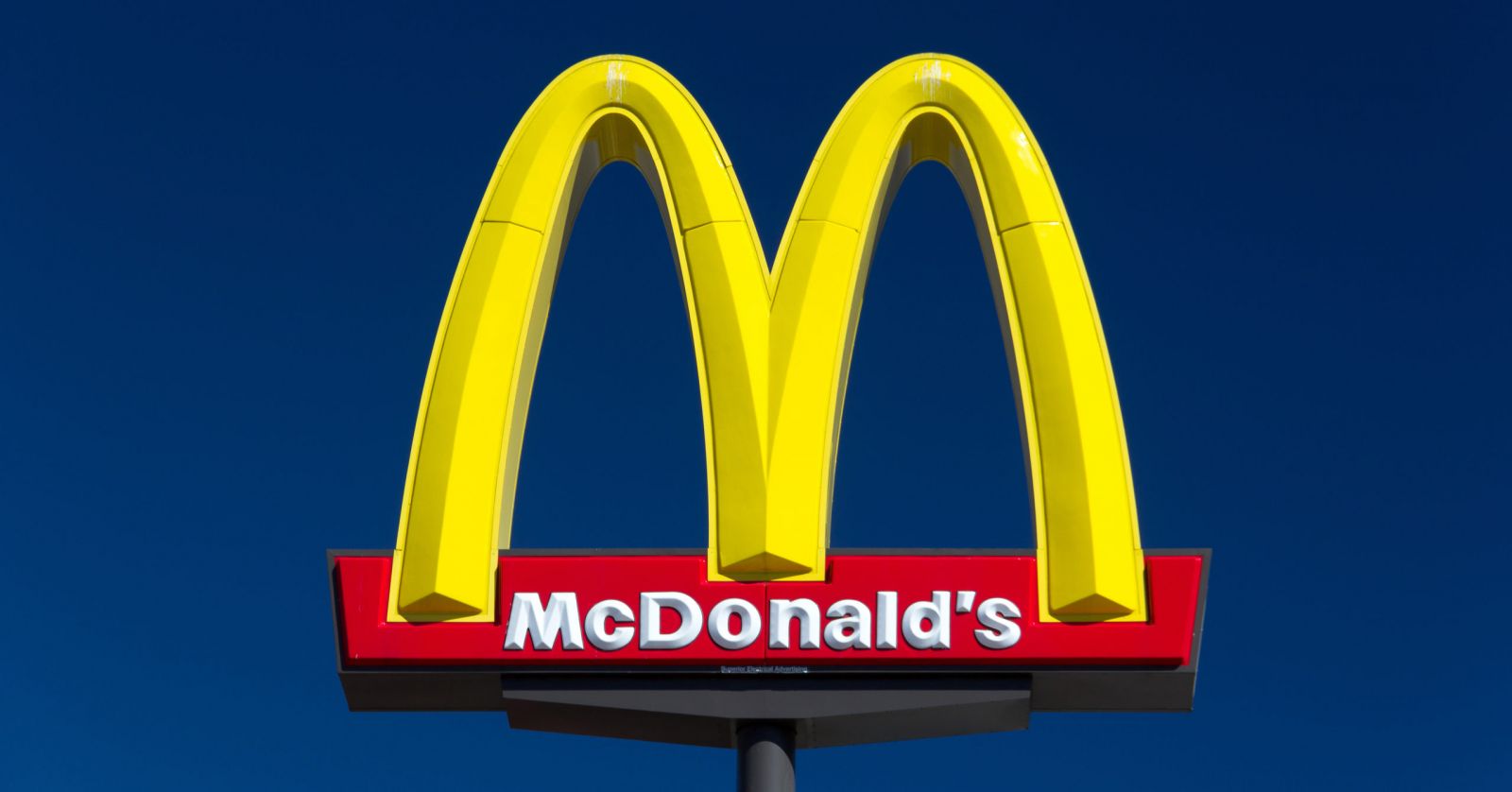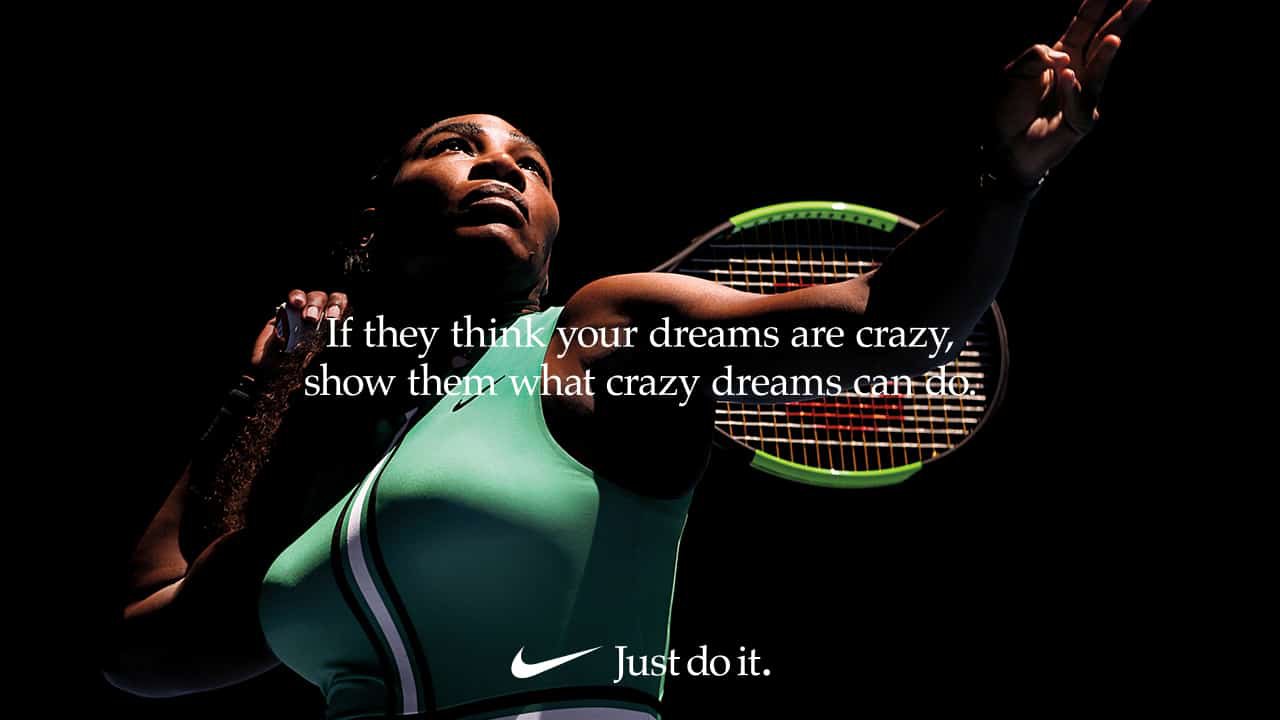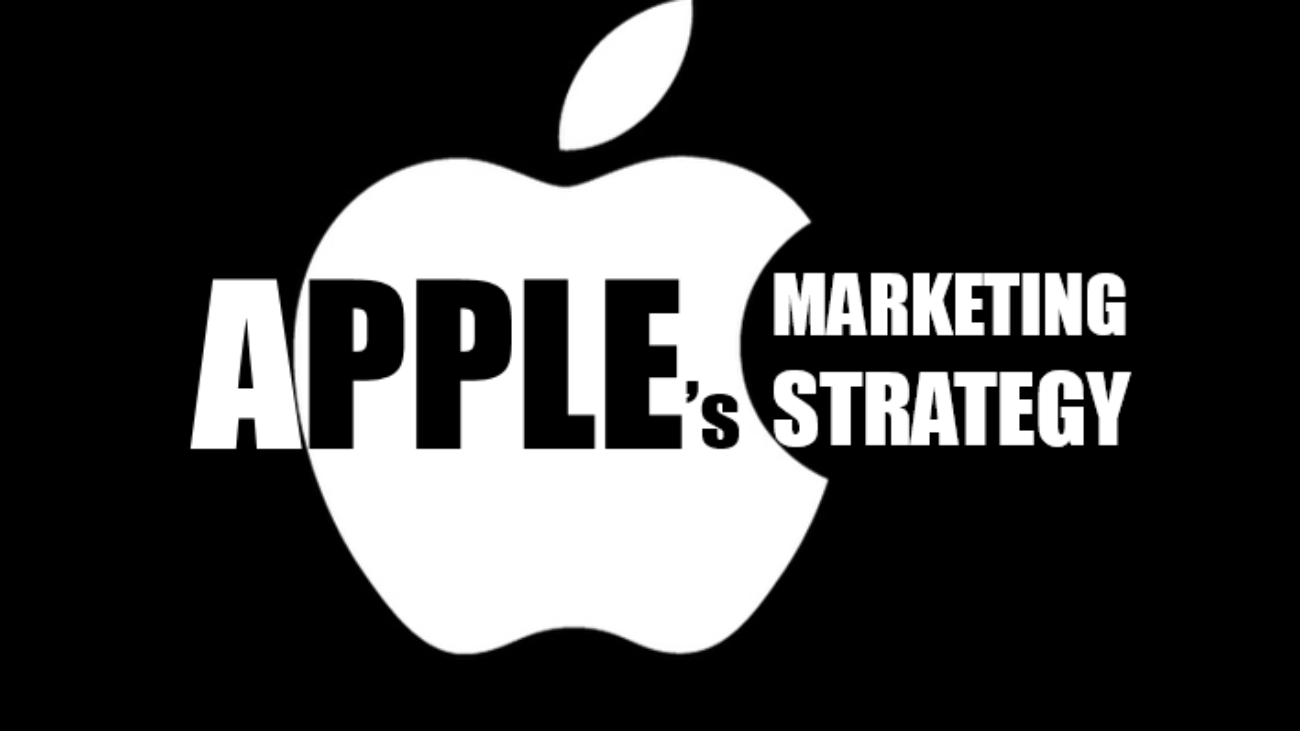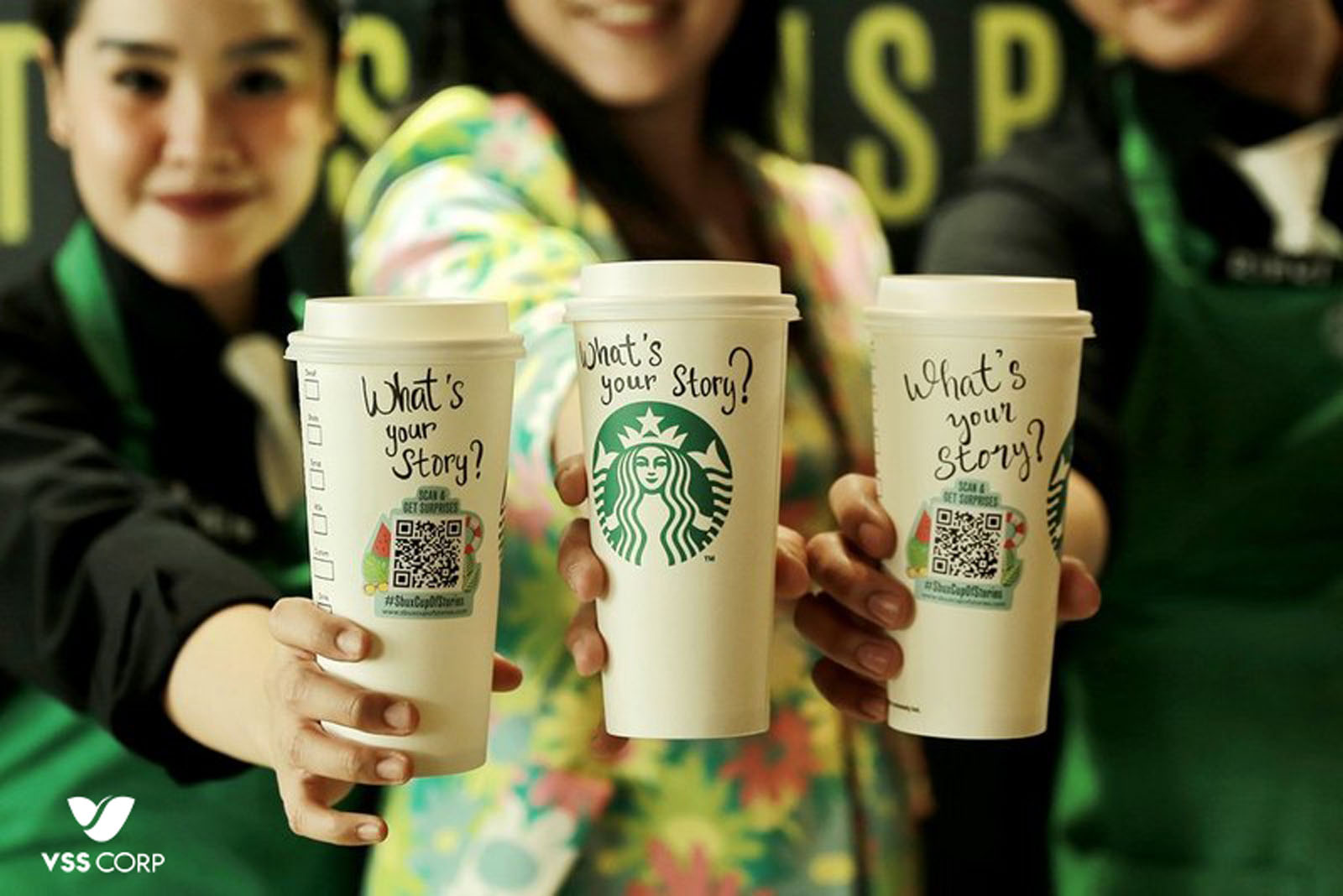The success of every business largely depends on how well the product is marketed. When it comes to marketing, big brands have a lot of experience. They have decades, even centuries of research and creativity. After a lot of trial and error, they devised many effective marketing strategies to become the most valuable brands in the world.
While we don't have huge marketing budgets like these giants, there's a lot we can learn from their marketing campaigns to help their business thrive.
4 Marketing Lessons From Big Brands
McDonald's: Know What Your Strengths Are
A good marketing strategy takes advantage of the company's distinct advantages. Frankly, McDonald's is well aware that their cuisine isn't particularly delicious, deserving of a five-star rating or the healthiest option. This is why their marketing strategy never competes on food quality. Instead, they focus their marketing on their core competencies: familiarity, convenience, affordability, and fun.

What if McDonalds focused their marketing on the health aspect or the quality of their food? Although they have healthy items available on the menu, they do not market the brand as such. It's a marketing war they simply will never win. They've identified their advantages and focused their marketing efforts on those assets instead of trying to be everything to everyone.
“You shouldn’t be afraid to apply marketing lessons from a big brand, but always remember to spice things up a bit and come up with something unique that speaks to your brand.”
Nike: Sell touching stories instead of great products
Nike can also teach us a lot about valuable marketing lessons.
Marketing is about telling stories, not just selling products. Nike is a master in this art, with marketing efforts rooted in sharing stories about its core values. They not only aim to promote the product, but also tell stories that reflect the values and purpose of the brand, eliciting a specific emotion in the process.

Michael Jordan's "Failure" ad for Nike is a prime example of marketing that tells deep stories, inspiring viewers through a message that uses failure as a stepping stone to success. The ad highlights Michael Jordan's struggles throughout his basketball career and how he used those failures to succeed.
No matter what industry you're in, there's always an opportunity to spark your customers' imaginations and connect with them on an emotional level. Achieving this requires a story that touches the customer's emotions. The story of that brand can begin with why you started the business or what motivated you to launch it.
For example, Nike's purpose is to inspire and innovate for every athlete in the world. This mission is the foundation of all their marketing efforts, from Instagram stories to events and ads. By telling a consistent story across all channels, Nike realizes their mission and connects with customers in a meaningful way.
This is one of the most effective tactics that has greatly enhanced the brand image and has now become its signature marketing strategy.
Apple – Let your customers advertise for you
Have you ever noticed that Apple barely uses social media? In this day and age, when half of the world's population is actively using social media, doesn't it seem strange for a high-tech company to avoid such powerful means of marketing? The truth is that Apple doesn't need it.
They let customers spread the news on their own. Try typing #apple on Facebook now, and you'll see tons of user-generated Apple ads appear on your timeline.

The marketing lesson here is that Apple cares about the customer experience, thereby making buyers happy. And once they're satisfied, they'll always talk about the product on social media, so Apple is finally able to emerge through such means.
Customers are the best source of brand endorsements. People trust testimonials more and are more likely to buy a product on a friend's recommendation. Leverage customer testimonials to enhance your brand's credibility. You can offer a free product or a bundled gift, increase the quantity of the product but the price stays the same… whichever method you choose, make sure it pleases the buyer enough to get them recommend your product. Friend.
Starbucks – Being socially conscious and supporting environmental activities
If you are a fan of this brand, you will easily notice that Starbucks' social network is always filled with content promoting ethical values. They openly source their ingredients and buy coffee, tea, cocoa and other goods only from farms and producers that adhere to certain ethical standards.
Starbucks also calls the planet its “most important business partner” and undertakes a range of activities to reduce its environmental impact such as recycling cups, saving water and energy, and pursuing strategies to tackle climate change at the global level. All in all, Starbucks strives to be as environmentally friendly as possible in every aspect of their operations.

This marketing strategy works very well because it drives a group of environmentally conscious customers to the stores, who won't mind high prices if they feel they are contributing to society. Many studies show that companies that support social or environmental issues 93% of consumers have a more positive image of that company. Starbucks' strategy and its results are positive evidence of that research.
These aren't the only marketing lessons you can learn from established brands, but they're a great place to start. Flexibility to apply and who knows, soon, you may also be the one giving advice.












Replies to This Discussion